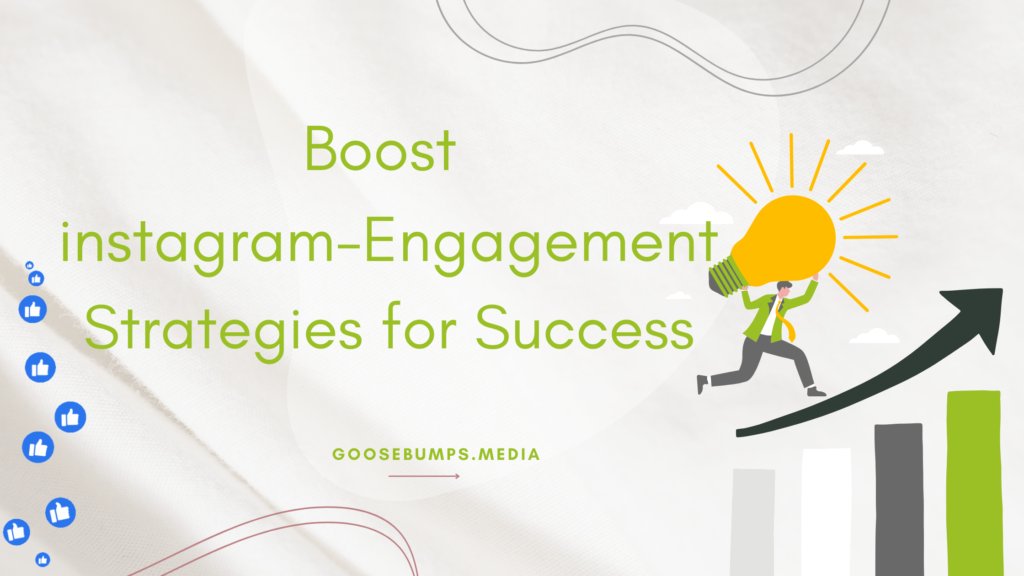With more than 700 million registered members globally, LinkedIn is a favorite among professionals. Most of these professionals are decision-makers, executives, and industry influencers who make LinkedIn a goldmine for B2B lead generation.
The corporate environment on LinkedIn combined with its powerful features makes the site a haven for business engagement. Professional networking, business insights, and content sharing focus by the site provide rich soil for first-class LinkedIn lead generation.
Creating a Professional Profile
Your LinkedIn profile is your virtual business card. To obtain leads, keep your profile complete and optimized. Use relevant keywords in your headline, summary, and experience sections to maximize your search visibility.
You must have a professional photo and a compelling headline. Your photo should be a high-quality image, and your headline should concisely declare your expertise and value proposition.
Your summary must reflect your strengths, accomplishments, and what makes you different. Talk directly to your target audience and tell them how they will benefit from your assistance in reaching their objectives or overcoming their issues.
Creating a Relevant Network
Identifying your target audience is the beginning of creating a relevant network. Leverage LinkedIn’s search capabilities to find potential prospects by industry, job title, location, and more.
Send customized connection invitations that reference a shared activity or mutual acquaintance. Do not send bulk invitations; instead, be sincere about their work and how your work can benefit both of them from the relationship.
LinkedIn has sophisticated search capabilities that enable you to search using diverse filters. Utilize search filters to discover and connect with prospects that match your target audience profile.
Creating Compelling Content
Post content regularly that is of value to your network. This may be industry news, how-to tips, case studies, or personal anecdotes. Visual content such as infographics and videos also works well.
Consistency is the key to remaining top-of-mind with your network. Create a content calendar and post regularly to keep your audience engaged.
You can share in-depth content via LinkedIn articles but employ short posts to generate engagement and discussions. Employ both to connect with more individuals and establish yourself as an industry thought leader.
Making Use of LinkedIn Groups
LinkedIn Groups are a great way to network with like-minded professionals and potential leads. Get involved with groups related to your business and participate in discussions online.
Contribute to group discussions by making posts of your advice and expertise. This makes you a subject matter expert and can draw leads who value your expertise.
Share content of value in groups to reach more individuals. Share content in the group that is suitable and will be a contribution to the conversation.
Utilizing LinkedIn Sales Navigator
LinkedIn Sales Navigator is a paid offering that is designed exclusively to generate leads. It includes powerful search capability, recommended leads, and InMail so you can contact prospects directly.
Sales Navigator’s advanced search feature allows you to discover leads on specific criteria such as company size, level of seniority, and job function.
The application gives you suggestions for the most appropriate leads based on your search and what actions you’ve taken. Use InMail to send personalized requests to leads out of your network.
Including a Messaging Strategy
When reaching out to prospective leads, make the messages personal. Mention a fact they’ve put on their profile or a recent post they’ve made to convey that you’ve done your research.
If you don’t get a response, follow up graciously. Avoid apologizing for a first message with no return message, but simply mention it because you’re looking for a second chance to respond. Bring new value or new information to pick up the conversation again.
Automating Lead Generation
Automation software can assist in streamlining your lead-generation process. Software such as LinkedIn Helper and Dux-Soup automate follow-ups, messages, and connection requests.
Though automation saves time, use it judiciously. Excessive dependence on automation will result in spammy activity and could go against LinkedIn’s terms.
Keep your automated messages personalized and appropriate. Periodically check and fine-tune your automation settings to ensure a human touch in your interactions.
Tracking Success
Track statistics such as connection requests initiated, rate of acceptance, messages sent out, response rate, and number of leads created. These indicate the success of your strategy.
Set aside time periodically to review your results to figure out what’s working and what’s not. Use this knowledge to modify your strategy and refine your lead creation.
Be prepared to adapt your approach as you see what you can learn from your metrics. Ongoing improvement is the formula for long-term achievement.
Sophisticated Strategies for Lead Generation
LinkedIn Ads can be employed as an effective way of targeting a specific audience. Utilize sponsored content, InMail, and display ads to drive business and lead generation.
Webinars and live events are ideal for interacting with your audience and creating leads. Advertise the events on LinkedIn and invite your network to join.
Cooperation with industry influencers can broaden your reach and credibility. Partner on content, events, and campaigns to create more leads.
Conclusion
LinkedIn is a robust lead generation tool with a myriad of tools and techniques to enable you to contact potential customers and business partners. If you have a hard time generating leads on LinkedIn let our social media managers team guide you, so you can get to your goal of generating 100 leads per day.


